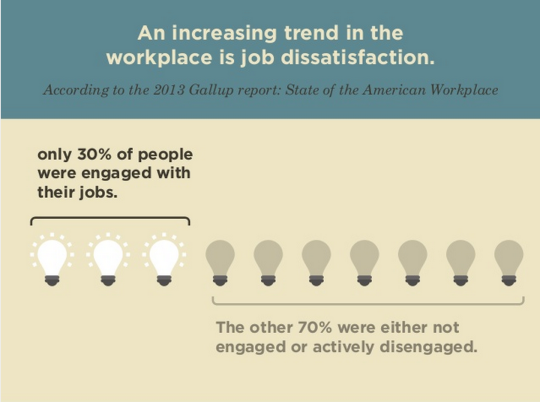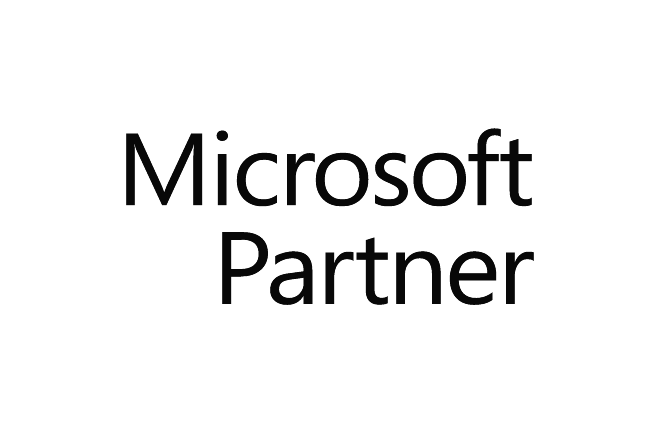We are delighted to introduce Phil Hesketh as a guest blogger here at Someone.io. Phil is a top class motivational speaker and best selling author specialising on the psychology of persuasion and influence. He has been kind enough to share some of his insights with us in relation to Social Task Management and he will be posting them once a week. You can learn more about Phil on his website www.heskethtalking.com.
At Someone.io, our mission is to not only improve a team’s productivity but also the quality of their communication. We want to impact office culture and stimulate happier work environments, to encourage teams to celebrate progress together and to acknowledge and validate each other’s achievements. Phil’s insights into psychology are something that we believe can add value to any team. Without further ado, here’s Phil’s first post. Welcome to Someone.io, Phil!
Motivating Employees
Remember the old days when there were just two ways to successfully motivate a workforce? It generally involved using either a juicy carrot or a big stick. Well, these days, techniques have got a little more sophisticated and many of my clients ask me what the secret is to keeping employees motivated.

Source: “Helping Employees Increase Job Satisfaction” by O.C. Tanner (Slideshare)
As an employer it is, of course, critical that you are seen to have integrity, honesty and be trustworthy. They are givens without which you are not fit to have the job. The truth is, there is no secret. Every employee is different and requires motivating in a slightly different way. Of course, remuneration is important to everyone. But money alone isn’t the key to achieving well motivated staff. You’ve got to discover what satisfies them on a personal level.
Sure, people have got to be paid what they think they’re worth relevant to the people around them. But many organizations fail to grasp that people are only truly motivated when they feel what they are doing is worthwhile and they have the capacity to learn and get better. Professor David McClelland, pioneer of workplace motivational thinking described three quite different ‘needs’ Achievement, authority and affiliation.
For example, some people seek ‘achievement’ and the attainment of challenging goals. They have a strong need for feedback and a sense of accomplishment. Fail to tell them they are doing an excellent job and their motivation drops. Others are ’authority motivated’ and need to be influential, effective and impactful. They have the need to lead and for their ideas to prevail leading to an increase in their personal status and prestige. Fail to give them enough ‘rope’ and they become frustrated and disruptive and may even leave.
And finally people who are ’affiliation motivated’ have a need for friendly relationships and are motivated towards interaction with other people. They need to be liked and held in popular regard. These people are team players. They’re great to have around and be around so don’t isolate them or they won’t be at their best.
In my view, the purpose of business is very similar to the purpose of life; to develop loving relationships and create a meaningful contribution. People need confirmation and recognition that they are doing a good job. And whilst money matters, it is usually more about giving people recognition and positive feedback. Plus, to be treated well and as an individual. And recognised as a valued member of the team because of their individual qualities.
So whenever you need to ‘motivate’ your employees, think singularly. Because, the real secret lies in discovering what motivates each individual.
Philip Hesketh is a professional speaker on ‘The Psychology of Persuasion’ and the author of the number one Amazon best seller, “Life’s A Game So Fix The Odds.”






